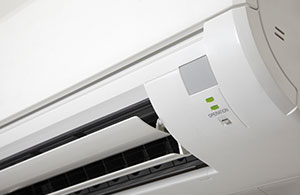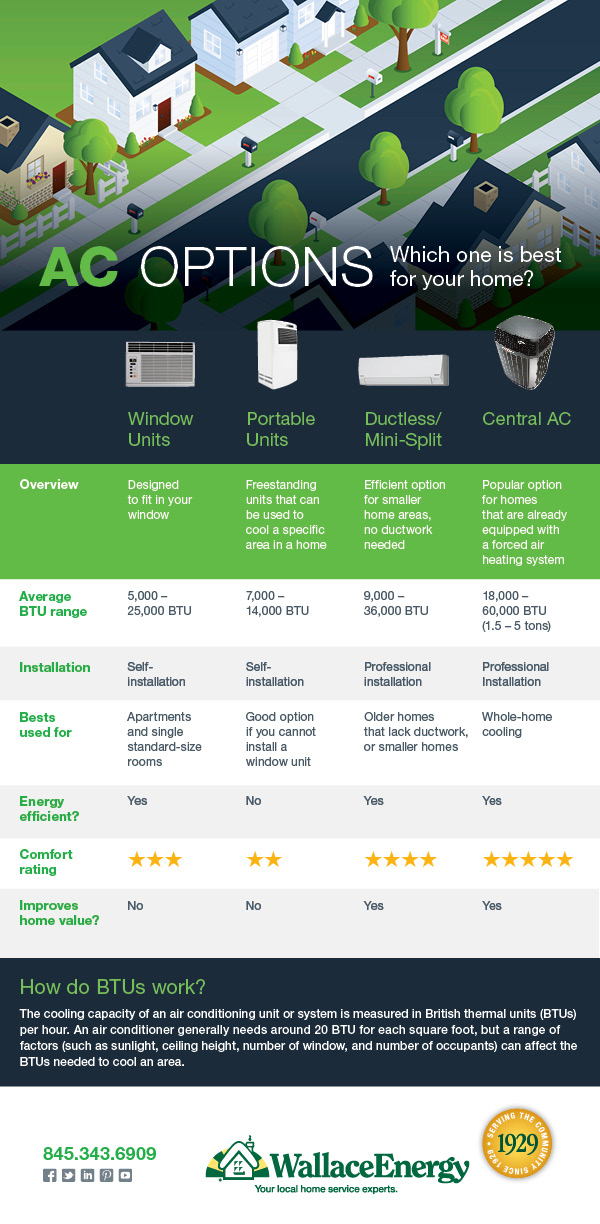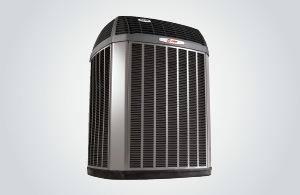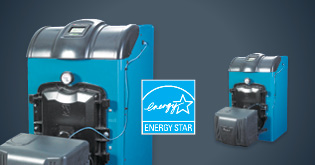Articles.
Below are the categories for any articles that are published on our website. You can find articles on topics ranging from heating oil, propane, heating equipment, cooling, energy efficiency and much, much more. Our Home section also contains important tips, insightful facts and helpful how-to guides on lots of topics about everything from home generators to important safety tips for taking care of your home and family. We also update our Featured Articles section with our newest and most relevant seasonal content to help you with your home services throughout the year. Check them out below...
Featured articles.
Air conditioning systems: What are your best options and how do they compare?
 Summer is approaching and humidity levels are rising, making it easy to
see why air conditioning is a home comfort necessity. There are four main types of home air conditioning units and systems that function on the basis of removing heat from your home. Results vary between systems and units in ways like efficiency levels,
aesthetics, and the ability to provide comfort. Throughout this article, we address the pros and cons of each unit and system to help you make the best decision for your home.
Summer is approaching and humidity levels are rising, making it easy to
see why air conditioning is a home comfort necessity. There are four main types of home air conditioning units and systems that function on the basis of removing heat from your home. Results vary between systems and units in ways like efficiency levels,
aesthetics, and the ability to provide comfort. Throughout this article, we address the pros and cons of each unit and system to help you make the best decision for your home.

Window air conditioners.
Window units, a common type of cooling equipment, are designed to fit in double- and single-hung windows. You can commonly find them installed in apartments without central air conditioning systems, or providing cool breezes to single rooms in large houses.
Benefits of using a window air conditioner.
Window air conditioners are smaller and more portable than most other units, and are easier to install. Window units are also the cheapest option for adding air conditioning to your home if you have budget constraints. Models manufactured today can be up to 30 percent more efficient than those manufactured just a decade ago. They also often come with warranties for as long as five years, to give you peace of mind with your purchase.
Disadvantages of using a window air conditioner.
Keep in mind, window air conditioning units are not built to cool your entire home. Even apartments require multiple units to keep your home comfortable. Each unit you install obstructs a window, and your view, for the summer. You also have to deal with a loud compressor running in every room. Large window units may also be awkward to install during the summer and remove during the winter. A number of factors may also impair a window unit’s efficiency, such as high ceilings, numerous windows or doors, high sun exposure, and cooling rooms on high floors.
Portable air conditioners.
These units are similar to window units, however, the unit sits on the floor instead of sitting in the window. The unit draws in hot, humid air, removes the heat and moisture, and vents cool, dry air into your home. The hot, humid air is vented out a window through an exhaust hose. This option is only better than a window unit if you have windows that cannot hold a window unit, or are nervous about lifting and installing a heavier window unit.
Benefits of using a portable air conditioner.
Portable units are easier to install than window units. The floor unit rolls around on casters so you can place it quickly and effortlessly. The exhaust hose runs out the window without blocking your view, and it can be removed easily in nice weather!
Disadvantages of using a portable air conditioner.
According to Consumer Reports, portable air conditioners generally deliver half the cooling capacity they claim, so you feel hot and sweaty even when the unit is running. Most portable units are also more expensive and less efficient than similarly sized window units, which means higher purchasing and operating costs. Noise can be a factor, and portable units usually have a water reservoir that removes humidity from the air but needs to be emptied manually.
Ductless mini-split air conditioners.
A ductless mini-split is basically a heat pump minus the ductwork. It has two main components. One is an outdoor compressor, like the ones found in central air units. There is also an indoor evaporator coil and air handling unit placed on a wall or ceiling. A conduit runs between the two units through a sealed hole in the wall.
Ductless mini-split air conditioners are meant to cool older homes without ductwork, as well as smaller homes and add-ons where ductwork shouldn’t be added. Some Ductless AC models received higher efficiency than any other type of AC system.
Benefits of using a ductless mini-split air conditioner.
Mini-split air conditioners provide flexible cooling to individual parts or rooms of your home through a smaller and more energy efficient system. It’s as close as you get to a central air conditioning system, and you don’t need to tear up your ceiling and walls to install ductwork. Also, mini-splits are a type of heat pump, so they can provide home heating during winter months.
Ductless systems also operate as quietly as a typical fan. Because the compressor is located outside, the unit is much quieter than window or portable units. Plus, with no need to obstruct the window with AC equipment, you get better home security, a view to the outside, and the ability to operate your window when you want.
Disadvantages of using a ductless mini-split air conditioner.
Keep in mind that ductless mini-splits cost more than window or portable units. Not only that, but you need to hire a professional to perform the installation, which includes drilling a three-inch hole in the wall to connect the indoor and outdoor components. You should also keep interior design considerations in mind, as the unit mounts to the wall or ceiling.
Central air conditioning system.
Central Air systems distribute cooled air throughout ductwork with return and supply registers in each room to comprehensively cool your entire home. The components are all located outside, with the exception of the air handler, usually shared with the furnace. If you have the ductwork in place and are looking for whole-house cooling, this is the most popular system.
Benefits of using a central AC system.
Central AC systems are the more effective way to keep your home cool. You can expect lower energy bills and better indoor comfort, with cooler temperatures and lower humidity throughout your home. Also, with all the components located outside, you stay cool with a virtually invisible, silent system.
If you already have existing ductwork in your home, installation is straightforward for our trained professionals. And since a central air system is a permanent fixture in your home, it is a valuable investment.
Disadvantages of using a central AC system.
Central air conditioning systems require annual maintenance to remain in tip-top shape for years. You should prepare for higher upfront costs, and extra costs if you need ductwork installed. However, replacing an old central air conditioning unit is cheaper than installing a new ductless mini-split.
Finally, you will need to decide what size air conditioning system to install. If you install a unit that is undersized, it won’t keep your home cool on the hottest days. Oversized units can short cycle, which wears out parts faster and doesn’t give the unit a chance to dehumidify your home.
When you choose either a central home air conditioner or a ductless mini-split, a licensed professional contractor will size the unit to perfectly meet the needs of your home. It’s just another reason to get a professionally installed home air conditioning unit.
Click here to view the latest offers on central air conditioning equipment
 | Click here to view the latest offers on central air conditioning equipment |



.jpg?sfvrsn=f899b5b1_1)
.jpg?sfvrsn=4d57d9b7_3)